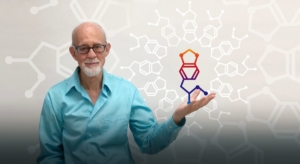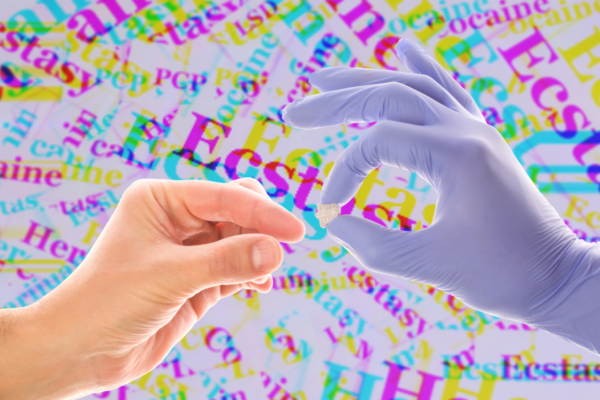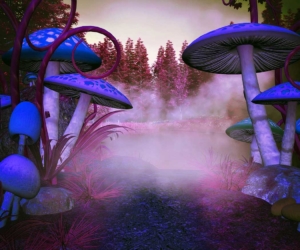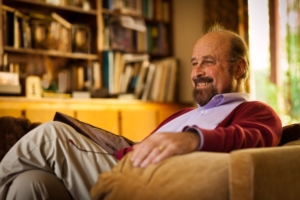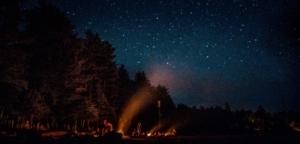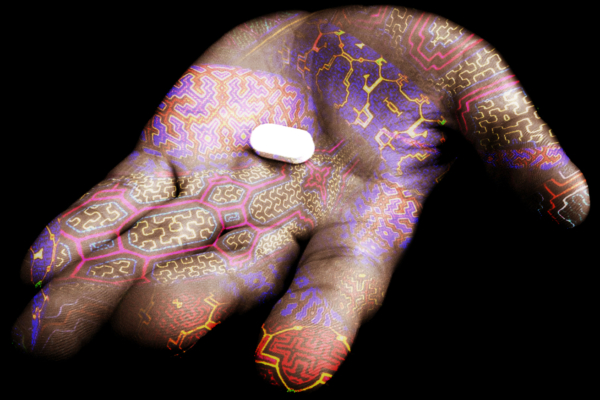
As a University of Auckland psychologist, Dr. Lisa Reynolds spent years helping cancer patients and their families come to terms with their diagnosis and prognosis. Now, thanks to a three-year $250,000 grant from the Health Research Council, she’ll be the first to explore how microdosing LSD can help ease end-of-life distress for those types of patients.
“There’s been nothing to my knowledge where LSD microdoses have been used with cancer patients,” she tells New Zealand publication Newshub.
Microdoses are smaller, sub-hallucinogenic doses of psychedelics that are believed to enhance mood and creativity. The treatment will be combined with psychotherapy.
Reynolds got interested in therapeutic use of psychedelics after reading Michael Pollan’s bestseller How to Change Your Mind: What the New Science of Psychedelics Teaches Us About Consciousness, Dying, Addiction, Depression, and Transcendence, which details how a single high-dose of psilocybin dramatically reduced cancer-related anxiety and depression in patients. She became curious what possibilities psychedelics could hold for her own clients.
“I looked into some of the studies that were happening and it seemed like a really promising area that was really different to what’s currently being offered,” she tells Newshub. “So that’s why I got interested in the possibilities of psychedelics as another option for people who have cancer.”
While much about how psychedelics work remains a mystery, the current thought is that hallucinogenic doses of psychedelics, like LSD and psilocybin, can rebuild and strengthen neurological pathways, a process which seems to reprogram the brain and give individuals a deeper connection with the universe.
“That, of course, is a high dose,” Dr. Reynolds points out. “Whether a microdose works the same way, we don’t know.”
It’s her hope that much of the death angst the patients feel will be alleviated by psychotherapy component of the treatment and that microdosing will work to enhance that effect so that the therapy can work faster and more effectively.
The study aims to begin recruiting 30 volunteers beginning the summer of 2022. Candidates include those with end-stage cancer who are experiencing symptoms of cancer-related anxiety, depression, or existential distress. Participants will be randomized to receive regular microdoses of either LSD or a placebo. All will also undergo weekly therapy sessions over the course of seven weeks.
If the clinical trial proves microdosing LSD is both safe and effective for patients with end-of-life distress, next steps would include larger second-stage trials with more participants.
